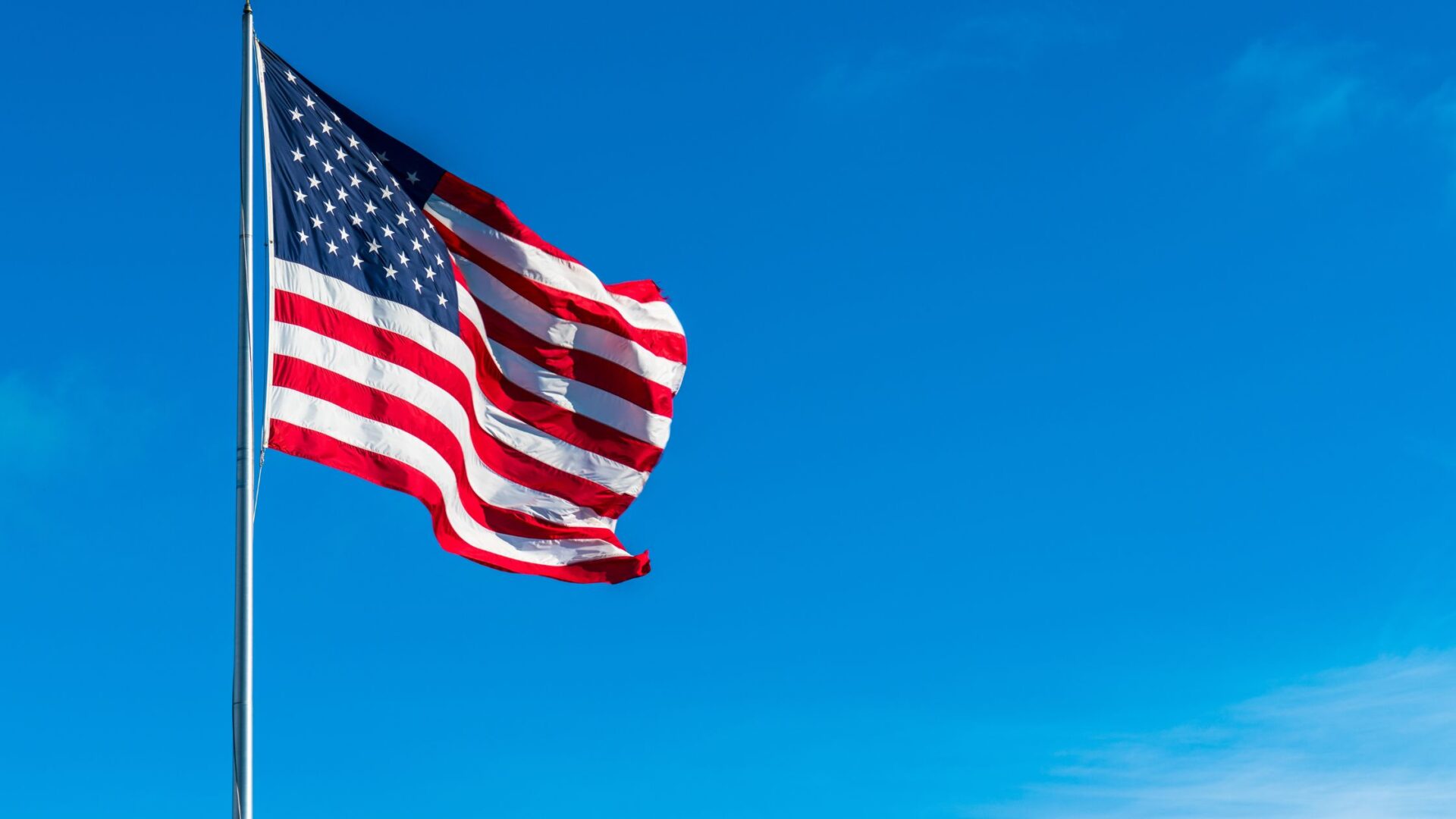Key Takeaways:
- Justices Clarence Thomas and Samuel Alito dissented in a free speech case involving a student’s T-shirt.
- They previously supported limiting student speech in schools.
- The case highlights conflicting views on student free speech rights.
- The Supreme Court refused to hear the case, leaving a lower court ruling in place.
Supreme Court Justices Clash Over Student’s T-Shirt Ban
A recent Supreme Court decision has sparked debate over student free speech rights. Two conservative justices, Clarence Thomas and Samuel Alito, disagree with the court’s decision to ignore a case involving a Massachusetts middle school student. The student was banned from wearing a T-shirt with the message “There Are Only Two Genders.” While Thomas and Alito dissented, they’ve both played roles in limiting student speech in the past.
Thomas and Alito: A History of Limiting Student Speech
Both justices have previously ruled against students in First Amendment cases. In 2007, they supported a school’s decision to punish a student for displaying a banner with the phrase “BONG HiTS 4 JESUS.” The court ruled that schools could restrict speech promoting illegal drug use. However, their views on student speech differ.
Clarence Thomas believes the First Amendment doesn’t protect student speech in public schools. He wants the court to revisit a landmark case, Tinker v. Des Moines, which currently protects most student speech unless it disrupts school activities. Despite this, Thomas argued the current case should be heard because Tinker remains the law until the court overturns it.
Samuel Alito, on the other hand, believes students have some free speech rights but thinks schools can restrict speech promoting illegal activities. He supported the 2007 ruling but made it clear that schools shouldn’t limit speech on political or social issues, like debates on drug policies.
The T-Shirt Case and Its Implications
The current case, L.M. v. Middleborough, involves a student banned from wearing a T-shirt with the message “There Are Only Two Genders.” A lower court ruled in favor of the school, saying the shirt could disrupt the learning environment. The Supreme Court decided not to review the case, leaving the lower court’s decision intact.
Thomas and Alito’s dissents highlight their conflicting views. Thomas wants the court to revisit Tinker to restrict student speech further. Alito, while agreeing the court should hear the case, believes the shirt’s message is a political statement protected by the First Amendment.
How Past Decisions Shape Today’s Rulings
The justices’ past rulings, like the 2007 Morse v. Frederick case, have set precedents that schools can restrict certain types of speech. These decisions have made it easier for schools to ban controversial messages, even if they relate to political or social issues.
In the T-shirt case, Alito’s previous support for limiting speech promoting illegal drug use indirectly influenced the lower court’s ruling. The court likely viewed the T-shirt as disruptive, following the precedent set by cases like Morse v. Frederick.
What’s Next for Student Free Speech?
The Supreme Court’s refusal to hear the T-shirt case means the debate over student free speech continues. While Thomas and Alito disagree on the specifics, their past decisions have shaped the current landscape. Schools now have more power to restrict speech they deem disruptive or inappropriate.
As more cases arise, the court may eventually revisit Tinker v. Des Moines to clarify the boundaries of student free speech. Until then, students and schools will continue to navigate the complexities of balancing free expression with school policies.
The Broader Impact
This case isn’t just about a T-shirt. It’s about how much freedom students have to express their opinions in school. Thomas and Alito’s dissents show that even justices who limit student speech recognize the importance of hearing such cases. Their disagreement highlights the ongoing challenge of protecting free speech while maintaining order in schools.
The debate over student free speech is far from over. As society evolves, courts will face more cases involving controversial messages and political expression. The outcome of these cases will shape the future of free speech for students across the country.
